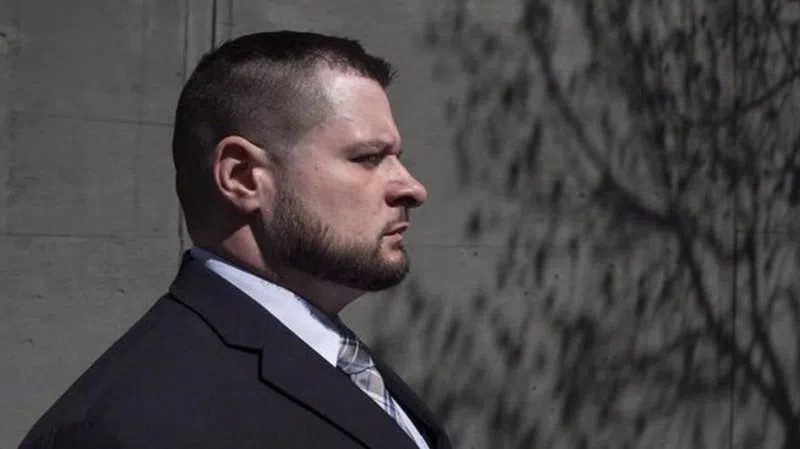
Toronto cop who shot teen Sammy Yatim on empty streetcar gets full parole
TORONTO — A police officer who fatally shot a distraught teenager on an empty Toronto streetcar more than six years ago has been granted full parole, with officials noting his progress reintegrating into society.
In a written decision released Tuesday, the Parole Board of Canada said James Forcillo is a low risk for reoffending and has shown a high level of motivation and accountability while on day parole.
The two-member board panel said Forcillo, 37, no longer requires ongoing psychological counselling, which had been a condition of his day parole. But it renewed a restriction barring him from contacting any of the victim’s relatives, in order to “prevent any further trauma” to the grieving family of Sammy Yatim.
“Your actions took the life of a much-loved son, brother, and member of the community. His loss continues to devastate the family. You acknowledge the trauma that you have caused the victim’s family and that you continue to reflect upon the harm that your actions caused,” the panel wrote.
